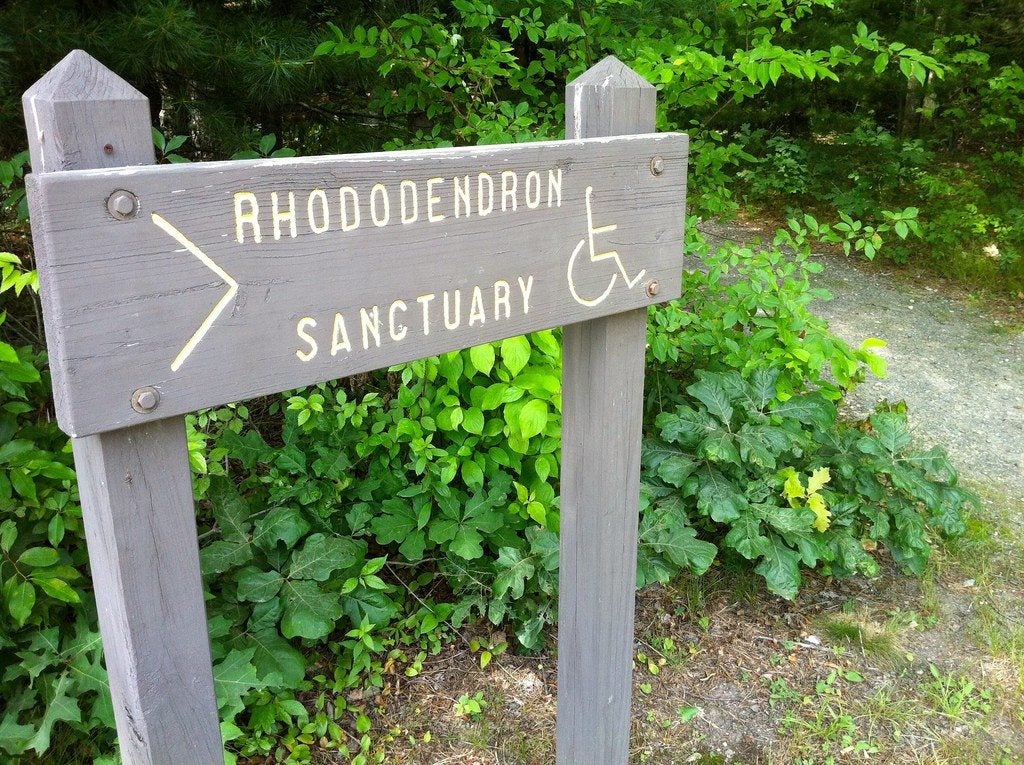What Are Accessible Gardens - Tips For Starting An Accessible Garden

Sign up for the Gardening Know How newsletter today and receive a free copy of our e-book "How to Grow Delicious Tomatoes".
You are now subscribed
Your newsletter sign-up was successful
In order to continue to experience the benefits of gardening as we age or for anyone having a disability, it is necessary to make the garden accessible. There are many types of accessible gardens, and each ease of use garden design is dependent upon the gardeners that will be using it and their individual needs. Learn more about the benefits of accessible gardening and get information for starting an accessible garden of your own.
What are Accessible Gardens?
For many people, gardening is a rewarding and therapeutic hobby from which much pleasure is derived. As a gardener grows older or for those with disabilities, it may become a considerable challenge to perform all of the physical tasks required for gardening. Bending over or kneeling are just two of the challenges that an aging gardener may face. A person may also experience an injury or become disabled but still wish to pursue gardening as a hobby. Accessible gardening practices allow gardeners to continue to enjoy and maintain a garden in spite of age, illness, or disability.
Benefits of Accessible Gardening
Gardening promotes health. Accessible gardening allows gardeners to be outside in the fresh air, expend energy, and achieve a sense of accomplishment. Coping with an illness or a disability can be intensely stressful and adaptable gardens allow for a much needed stress relief. Gardening is empowering, helps to develop range of motion, promotes hand-eye coordination, and increases strength and balance. Persons who are challenged with a disability or suffering from other physical limitations benefit considerably from the therapeutic nature of gardening.
Starting an Accessible Garden
Many types of accessible gardens can be created depending on the physical abilities of the gardener. When creating an accessible garden, it is best to come up with a detailed plan on paper first. Raised beds, table gardens, or containers make tending a garden easier for those who are in a wheelchair or have trouble bending over. Adaptable, lightweight tools are easy to handle for people who have compromised hand and arm strength. Other ease of use garden design considerations may include a drip irrigation system for watering, narrow beds for easier weeding, lightweight tool carriers, low maintenance plants, adaptable potting tables, and tool modifications. Gardening is a lifelong pursuit that can be enjoyed by everyone. Accessible garden plan ideas are widely available, and many communities have therapeutic garden programs that make gardening possible for even those with severe physical challenges.
Sign up for the Gardening Know How newsletter today and receive a free copy of our e-book "How to Grow Delicious Tomatoes".